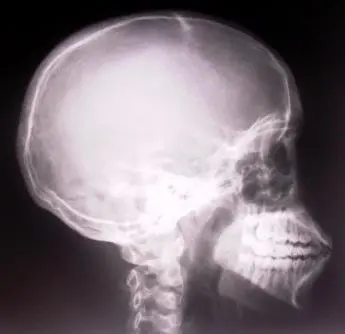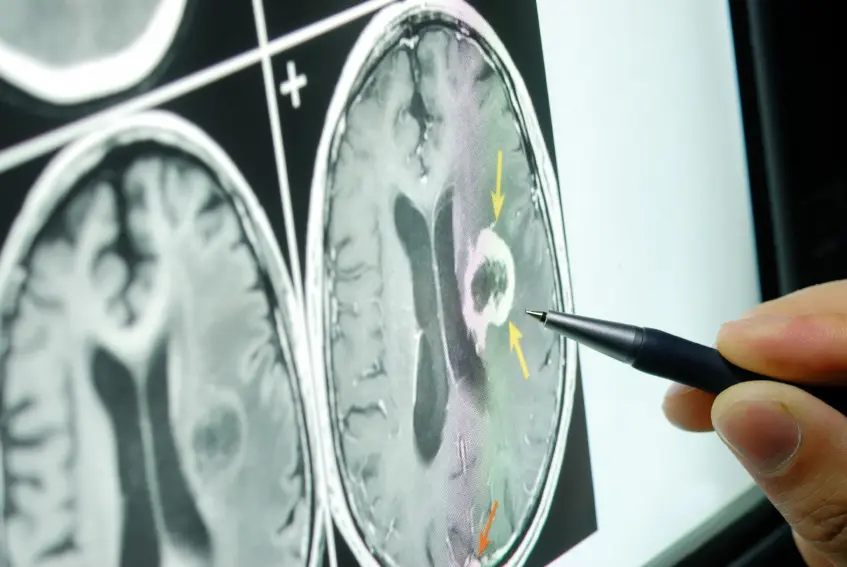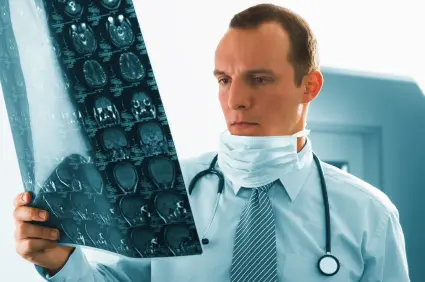Medical Malpractice
Dangerous Drugs and Birth Defects

Nothing is more important than the health of your child. A developing fetus is directly connected to the mother’s body, and anything that impacts the mother may harm the child. That’s why it’s so important for doctors to provide appropriate prenatal care during pregnancy.
Complex Regional Pain Syndrome

There are two ways medical malpractice may apply when a patient is suffering from CRPS. You may have been injured by a careless surgeon who caused nerve damage resulting in CRPS, or a doctor may have failed to investigate signs or symptoms of CRPS, resulting in a harmful treatment delay.
Signs and Symptoms Indicating You Have an Epidural Abscess

An epidural abscess is an infection inside your skull or near your spine. It is often misdiagnosed when doctors mistake the symptoms for another type of ailment or fail to consider the patient’s medical history. A misdiagnosed epidural abscess can lead to a treatment delay that may cause catastrophic injuries, including permanent brain damage, paralysis, or even death.
Epidural Hematomas: Signs, Symptoms, and Treatment

An epidural hematoma is bleeding that occurs between the skull and the membrane surrounding the brain. It may be caused by physical trauma such as a blow to the head, or by a surgical error committed during brain surgery.
How Medical Malpractice Causes Brain Injuries

The human brain is a remarkable organ that generates thought and regulates internal body functions. When the brain is harmed by external trauma or internal factors such as disease or lack of oxygen, the effects can be devastating.
Is Cancer Misdiagnosis Medical Malpractice?

Cancer is a devastating disease that takes the lives of over 600,000 Americans every year. But there are many effective treatments for cancer, and two out of three patients who are diagnosed with cancer survive. Early detection is crucial for effective cancer treatment. When cancer is discovered in time, doctors have more treatment options and the prognosis for survival is much greater.
Was Your Medical Treatment Delayed at the Hospital?

When a patient seeks medical care at a hospital emergency room, you have the right be treated by qualified professionals in a timely manner. When your treatment is delayed due to professional negligence, it can result in a delayed diagnosis that may cause serious injury or death.
How Doctors Administer Medication (and Why It Matters)

How Drugs are Used in the Healthcare Setting Drugs serve many roles in a healthcare setting. They can be used to treat a disease, ease suffering, supply a missing substance, encourage a bodily reaction, or induce unconsciousness. But in the United States, delivering the right drugs to the right patients is a process beset with medication errors.
When Can I Sue a Chiropractor for Malpractice in Colorado?

Chiropractors use physical manipulation and adjustment of the spine to relieve pain and enhance the patient’s mobility. Chiropractic care is based on the belief that nerve pressure and misalignment cause certain conditions and diseases.
How a Cyberattack Might Lead to a Medical Malpractice Lawsuit

Cyberattacks are a major threat to healthcare facilities today. Ransomware and cybersecurity events are becoming increasingly more common. At a time when the global pandemic has put a considerable strain on the system and created staffing issues, cyber events can reduce the level of care patients receive and lead to serious medical errors. Hacking of hospitals and other medical systems has contributed to or has been the sole cause of several patient injuries. Injured patients are filing medical malpractice lawsuits stemming from cyberattacks.